Most of the time, people who self-sabotage don’t understand why they do it. There are plenty of factors that go into it, and one of them is habits.
Our brains are designed to form habits. If they weren’t, we’d never be able to function, because doing ALL the things we need to do in order to get through our day would be impossible.
A lot of what we do happens on auto-pilot, because we do it often enough for it to become a habit. When that happens, it frees up bandwidth for us to focus on things that require more mindfulness.
Habits create actual neural pathways in our brain. This is both good news and bad news, because it applies whether that habit is helpful to us, like getting on the scale every morning and starting our water early; or whether it’s not, such as the habit of getting home from work and diving straight for a bag of potato chips; or the habit of buying a donut and sugary coffee drink on the way to the office.
New habits can be created, and unhelpful habits can be broken, but the mistake too many of us make is thinking all we need is “enough willpower” to do those things.
When we find our willpower lacking, we assume we’re broken and can’t change, and often beat ourselves up.
Look, I’m all for personal responsibility. I do NOT believe in the whole victimhood thing.
But I also know that the more we work with our brain’s natural wiring, vs. fight it, the more successful we’ll be.
It’s one reason that getting, and keeping, the junk food outta your house is so important. If you’re in the habit of eating junk food, and it’s always right there, you’ll have to engage a bunch of willpower in order to resist.
I’m not saying it can’t be done, but you’re putting a lot of unnecessary mental strain on yourself. It’s gonna be a lot easier for you to just get the crap out of your house. That way, when that habit to eat that stuff kicks in, it’ll be harder for you NOT to do it, because it’ll mean getting in the car and driving someplace.
I’ve got a personal example of this for you, too.
Back when I lived in New York as a personal trainer, I’d walk home the same way every single day, and I’d buy a one-pound bag of peanut M&Ms and emotionally eat them when I got home.
To break that habit, I started taking another route home.
That’s all it took, because walking by that stand where the peanut M&Ms were sold was a big part of the habit. By eliminating that facet, I got rid of the unhelpful habit.
You can do the same thing for yourself, because arranging your environment to make Code Red EASY for you, instead of a constant struggle, will only increase your success.
A few examples of other ways can do that:
- Fill your water bottle up the night before, and have it sitting in the same room as your scale (or right outside the room someplace). That way, the instant you weigh yourself, you can start to drink it because it’s easy to access. You could even fill up enough water bottles to equal your gallon, and have them all readily available, so you can just switch when it’s time for the next one.
- Meal prep. Spend an hour on Sunday prepping all your meals for the week. That way it’ll be SO easy for you to just grab your food and eat it. Remember, your meals do not have to be complicated. The simpler they are, the faster they’ll be to prep.
- If feeling like you have to make complicated recipes stresses you out, buy and eat simple, single-ingredient foods, especially when you’re first starting out. Again, make it as easy on yourself as possible.
- Keep hot tea and sugar-free gum within easy access for those times when you wanna snack. In your car, at the office, and in every room of your house if that’s what it takes. Make it as easy as possible to reach for the gum or hot tea instead of food.
- When you’re at home, only eat your food in the kitchen or dining room, while sitting at the table. Make them ONLY about eating That way, your brain will associate food and hunger only with sitting at that table; and you can escape hunger and cravings by simply staying out of the kitchen and not sitting at the table.
Pick your hard because it’s all hard is totally something we do on the Code Red Lifestyle™.
But you can make picking your hard easier, but working with your brain’s natural habit-forming tendencies, and creating situations and environments that guide you to healthy habits, instead of unhealthy habits.
